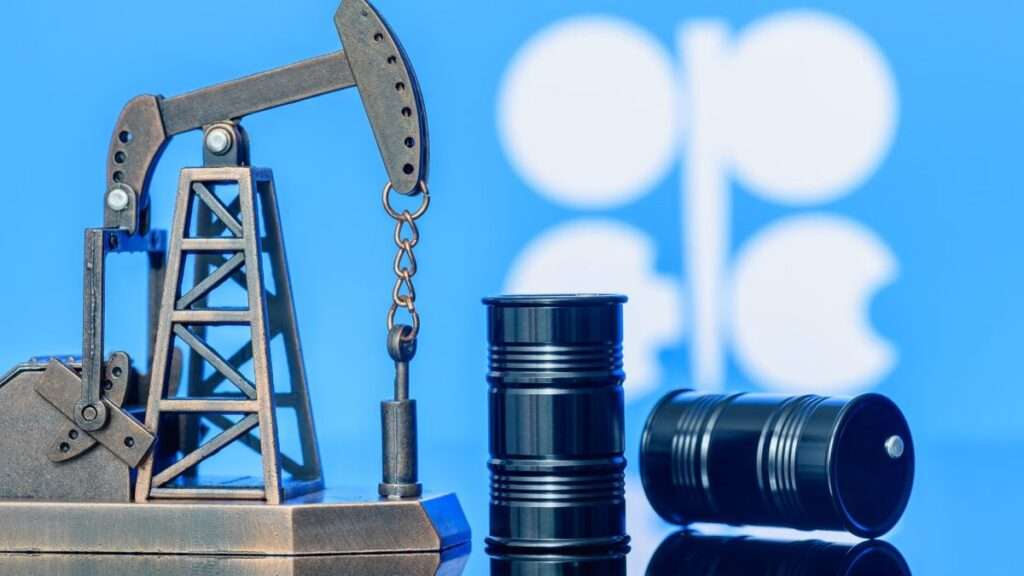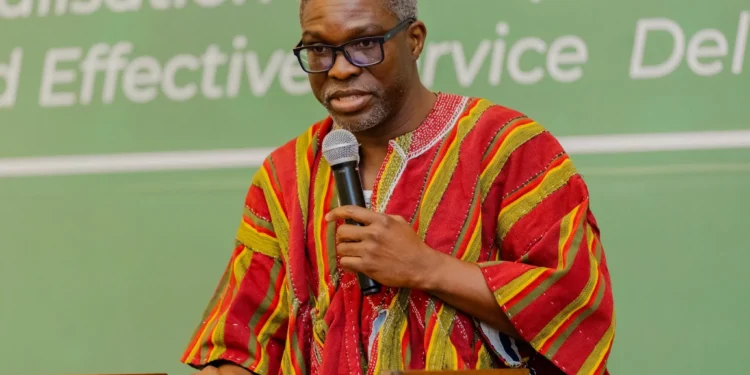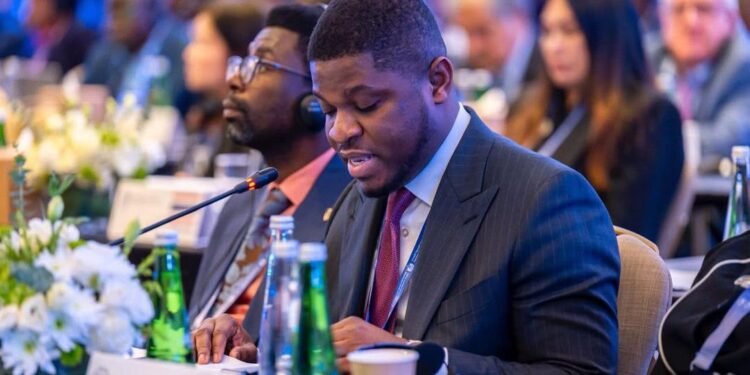As global oil demand shows signs of resurgence, the United Arab Emirates (UAE) is urging fellow members of the OPEC+ alliance to weigh this critical development when deciding production levels at the group’s upcoming meeting on June 1.
Speaking at an energy forum in Abu Dhabi, UAE Energy Minister Suhail Mohamed Al Mazrouei emphasized the need for strategic foresight in response to increasing consumption trends. While defending OPEC+’s efforts to stabilize the market, Al Mazrouei cautioned that underestimating demand could backfire if not addressed through timely investment and output planning.
“This group, that is OPEC+, I would say is doing its best to balance the market and ensure that we have enough investments in the supply.
“But it is not enough only this group—we need the help of others, and we need to be mindful of the demand.”
UAE Energy Minister Suhail Mohamed Al Mazrouei
His comments come amid rising speculation that OPEC+ could agree to another substantial production hike for July.
This would follow two consecutive monthly increases of 411,000 barrels per day (bpd) in May and June, which marked a tripling of earlier planned monthly increments.
The minister warned, “Demand is picking up, and the market is going to surprise us if we’re not investing in it,” signaling that the alliance must align supply policies with market realities.

OPEC+, which includes the 13 members of the Organization of the Petroleum Exporting Countries (OPEC) and 10 non-OPEC allies led by Russia, has faced ongoing challenges in calibrating output levels that meet both market demand and price stability targets.
While price volatility and geopolitical tensions have dominated headlines in recent years, the group now faces renewed scrutiny as demand climbs in major economies.
Sources close to the alliance have told Bloomberg News that another 411,000-bpd output boost is under serious discussion for July.
Such an increase would mark the third consecutive month of production growth, suggesting a more aggressive stance from OPEC+ as it seeks to cement its relevance in global oil markets.
For the UAE, a top OPEC producer and key regional energy hub, the stakes are clear: sustained investment and responsive supply management are necessary to avoid a scenario where demand overshoots supply, potentially driving up prices and destabilizing energy security for import-dependent nations.
Global Implications of OPEC+ Decisions

As the June 1 meeting approaches, all eyes are on Vienna, where OPEC+ ministers will gather to chart the path forward.
Their decisions will carry significant implications not just for oil-exporting economies, but also for inflation-wary nations grappling with energy costs.
The International Energy Agency (IEA) has projected that oil demand will increase steadily through the remainder of 2025, driven by economic recovery in Asia and rising transportation needs globally.
OPEC+ now faces the critical task of ensuring that supply doesn’t lag behind, risking supply shocks or price surges that could rattle global markets.
Al Mazrouei’s remarks serve as a reminder of the delicate equilibrium required in oil diplomacy.

“We are doing our part, but energy is a shared responsibility.
“If the market is to remain balanced, we must all act—producers, consumers, investors alike.”
UAE Energy Minister Suhail Mohamed Al Mazrouei
The UAE’s call for strategic investment and demand-sensitive production planning underscores the importance of proactive energy governance in an increasingly interconnected and volatile global economy.
With both market conditions and geopolitical dynamics evolving rapidly, the next OPEC+ meeting could mark a pivotal moment for the global energy landscape.
Whether the alliance opts for another production boost or takes a more cautious approach, its decisions will reverberate far beyond the oilfields of the Middle East.
READ ALSO: Equities Tread Water as Policy Rate Remains at 28%, Financial Analyst Warns























